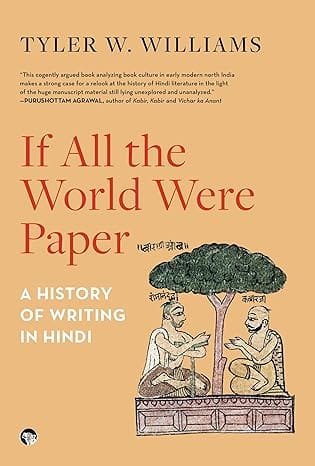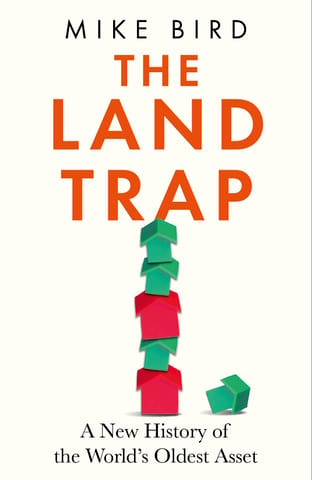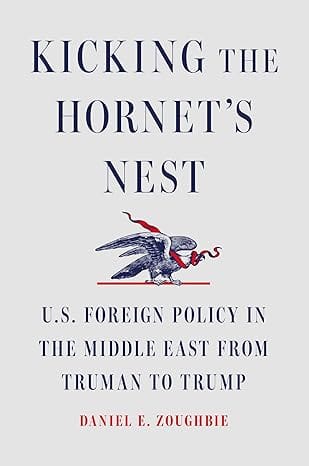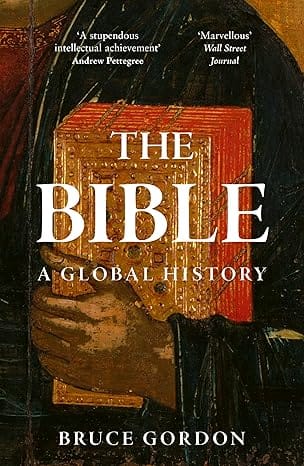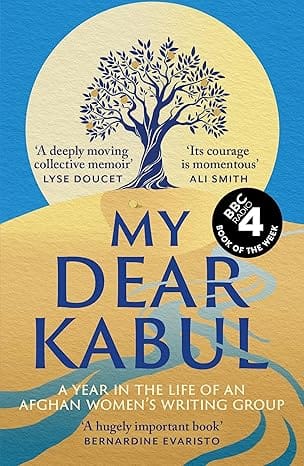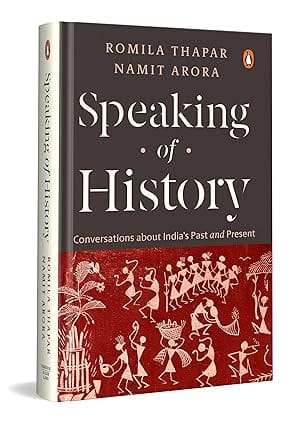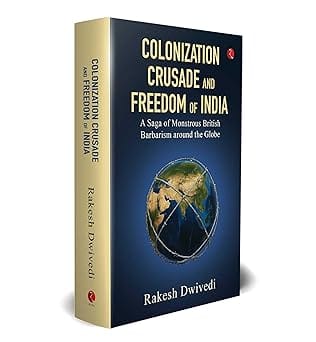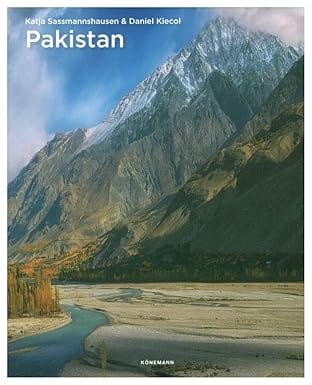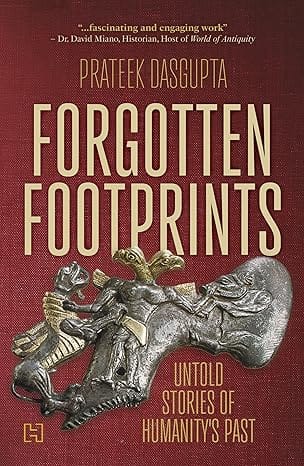- Non-ficton
- Non-ficton
- Contemporary Fiction
- Contemporary Fiction
- Children
- Children
- Comics & Graphic Novels
- Comics & Graphic Novels
- Non-Fiction
- Non-Fiction
- Fiction
- Fiction
"How do writing and literacy reshape the ways a language and its literature are imagined? Combining close readings of literary and scholarly works with the study of hundreds of handwritten books from the precolonial era, If All the World Were Paper explores this question in the context of Hindi, the most widely spoken language in India and the fourth most widely spoken language in the world today. The material and social processes through which Hindi came to be written down, and the particular forms these texts took—from illustrated storybooks of Sufi romances to loose-leaf textbooks used by Bhakti singers; from personal notebooks to cloth-wrapped scriptures—played a critical role in establishing it as a language capable of transmitting poetry, erudition, and even revelation. Emerging onto the literary scene of the subcontinent in the mid-fourteenth century, through humble and ornate literary objects alike, the vernacular of Hindi quickly came to acquire a place alongside ‘classical’ languages like Sanskrit and Persian as a medium of literature and scholarship, shaping its growth for centuries to come. Demonstrating how the life of books—the way they were inscribed, organized, and handled—can tell us as much about their meaning and significance as the words within, Tyler W. Williams forcefully argues for a new approach to the history of languages. This book is both a history of Hindi’s literary formation and an urgent call to engage differently with the fragile multilingual archives of South Asia, before time and neglect erase them."
About the Author
If All The World Were Paper A History Of Writing In Hindi
SIZE GUIDE
- ISBN: 9789363360938
- Author: Tyler W Williams
- Publisher: Speaking Tiger
- Pages: 336
- Format: Paperback
Book Description
"How do writing and literacy reshape the ways a language and its literature are imagined? Combining close readings of literary and scholarly works with the study of hundreds of handwritten books from the precolonial era, If All the World Were Paper explores this question in the context of Hindi, the most widely spoken language in India and the fourth most widely spoken language in the world today. The material and social processes through which Hindi came to be written down, and the particular forms these texts took—from illustrated storybooks of Sufi romances to loose-leaf textbooks used by Bhakti singers; from personal notebooks to cloth-wrapped scriptures—played a critical role in establishing it as a language capable of transmitting poetry, erudition, and even revelation. Emerging onto the literary scene of the subcontinent in the mid-fourteenth century, through humble and ornate literary objects alike, the vernacular of Hindi quickly came to acquire a place alongside ‘classical’ languages like Sanskrit and Persian as a medium of literature and scholarship, shaping its growth for centuries to come. Demonstrating how the life of books—the way they were inscribed, organized, and handled—can tell us as much about their meaning and significance as the words within, Tyler W. Williams forcefully argues for a new approach to the history of languages. This book is both a history of Hindi’s literary formation and an urgent call to engage differently with the fragile multilingual archives of South Asia, before time and neglect erase them."
About the Author
User reviews
NEWSLETTER
Subscribe to get Email Updates!
Thanks for subscribing.
Your response has been recorded.

India's Iconic & Independent Book Store offering a vast selection of books across a variety of genres Since 1978.
"We Believe In The Power of Books" Our mission is to make books accessible to everyone, and to cultivate a culture of reading and learning. We strive to provide a wide range of books, from classic literature, sci-fi and fantasy, to graphic novels, biographies and self-help books, so that everyone can find something to read.
Whether you’re looking for your next great read, a gift for someone special, or just browsing, Midland is here to make your book-buying experience easy and enjoyable.
We are shipping pan India and across the world.
For Bulk Order / Corporate Gifting
 +91 9818282497 |
+91 9818282497 |  [email protected]
[email protected]
Click To Know More
INFORMATION
QUICK LINKS
ADDRESS
Shop No.20, Aurobindo Palace Market, Near Church, New Delhi

